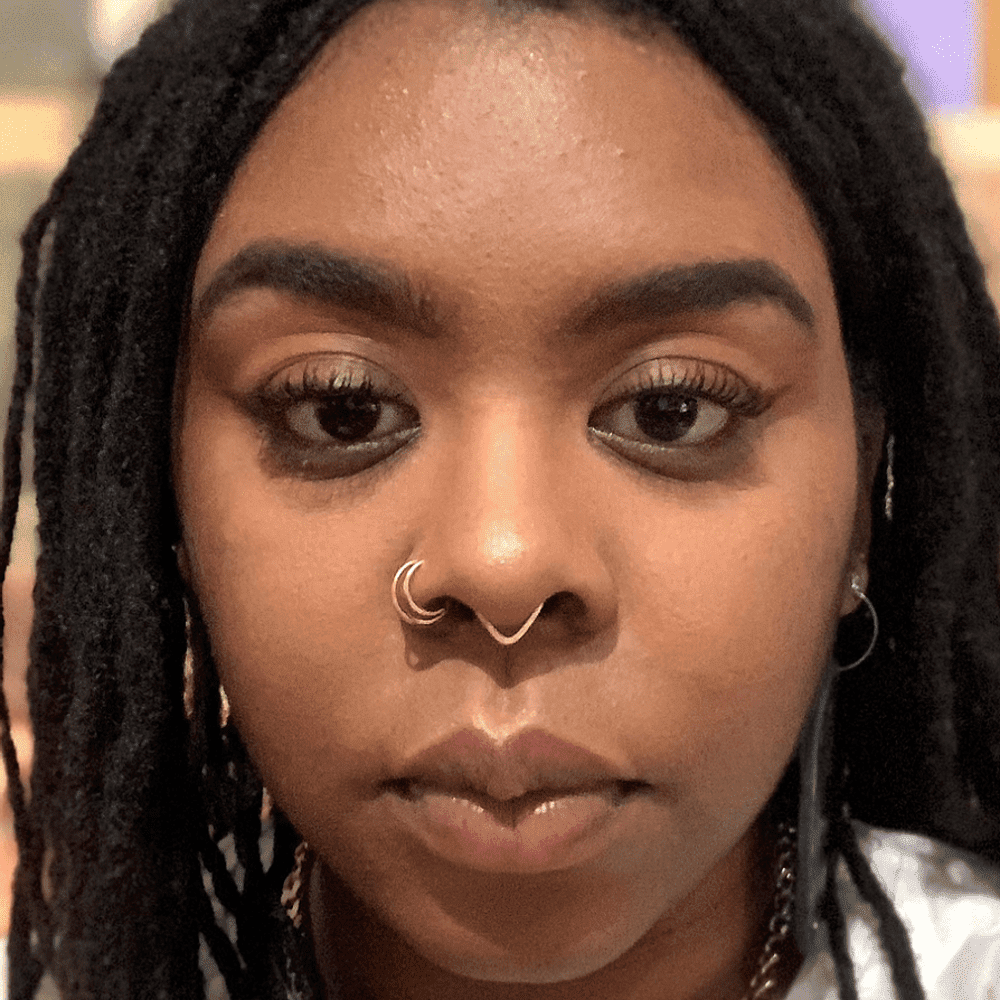Before Stonewall: Why the Dewey Sit-Ins Matter to LGBTQ+ Social Movements
- In 1965, LGBTQ+ activists led two sit-ins and demonstrations against Dewey’s restaurant in Philadelphia.
- The Janus Society, an early LGBTQ organization, supported the demonstrations.
- A marker on South 17th Street commemorates the 1965 sit-in and protests.
In April and May of 1965, two sit-ins and five days of demonstrations took place at Dewey’s Restaurant in Philadelphia to protest the establishment’s exclusion of LGBTQ+ people. Three unidentified teenagers and gay rights activist Clark Polak were arrested during the protest. These actions led to the restaurant ceasing its indiscriminate denials of service.
The sit-ins and demonstrations preceded the famed Stonewall Riots in New York City, considered the genesis of the modern LGBTQ+ movement, by four years.
What Happened at Dewey’s Restaurant?
On 235 South 17th Street, in the Rittenhouse neighborhood of Philadelphia, lies a historic marker dedicated to “Dewey’s Sit-In.” In the ’60s, Dewey’s Restaurant was located at 219 South 17th Street and refused service to “homosexuals,” “masculine women,” “feminine men,” and “persons wearing nonconformist clothing.”
On April 25th, 1965, approximately 150 people entered Dewey’s in protest and were denied service. When three teenagers refused to leave, they were arrested.
Protesters continued to demonstrate for five days, supported by the Philly-based Janus Society, an early LGBTQ organization founded in 1962. The organization and other supporters disseminated about 1500 flyers in the area, bringing awareness to the policy and the demonstrations.
A subsequent sit-in on May 2nd did not elicit any arrests but did lead to Dewey’s restaurant reversing its discriminatory policy.
What’s Significant About the Dewey Sit-Ins?
The sit-ins’ significance lies in the intersections of its leaders, the moment, and their inspiration. For one, it is one of the earliest demonstrations led by and for queer and trans people in the U.S.
Specifically, the first sit-in was conducted by three teenagers, highlighting once more the bravery and leadership of young queer and trans people within the movement historically. The presence of the Philadelphia police and their actions also signified that police are not proponents and protectors of queer and trans people’s liberation.
These aspects — youth leadership and police pushback — would repeat themselves in 1966 with the Compton’s Cafeteria riot and in 1969 with the Stonewall Riots.
And, as will be shared below, there was a particular significance to the Janus Society’s support of the demonstrations.
How Are Dewey’s Protests Remembered?
In 2018, the Pennsylvania Historical and Museum Commission dedicated a marker commemorating Dewey’s sit-ins and demonstrations. The marker reads: “Activists led one of the nation’s first LGBT sit-ins here in 1965 after homosexuals were denied service at Dewey’s restaurant. Inspired by African American lunch counter sit-ins, this event prompted Dewey’s to stop its discriminatory policy, an early victory for LGBT rights.”
Dewey’s sit-ins and demonstrations are not only historic but also connect to the contemporary moment. This year marks 50 years since the first Philly Pride march was held in 1972, giving an opportunity to organizers and attendees of this year’s march an opportunity to reflect on the past, present, and future.
Part of those reflections involves some parallels between the sit-ins and the story of the formation of the PHL Pride Collective, an activist organization organizing the 2022 Philadelphia Pride event.
As mentioned earlier, there was also particular significance in the Janus Society’s support of the Dewey’s Restaurant demonstrations. It marked one of the first instances a LGBTQ organization would defend the rights and dignity of gender non-conforming members of the LGBTQ+ community at a time when other organizations, such as the Mattachine Society, insisted on presenting a gender-conforming image of gay and lesbian people.
Similarly, the PHL Pride Collective has taken over Pride event management from the now-defunct Philly Pride Presents, which disbanded amid community backlash for a transphobic and pro-police post the organization made on Facebook about the Stonewall Riots. Both the Mattachine Society and Philly Pride Presents subscribed to what is referred to as “respectability politics,” which — in the context of the LGBTQ+ community — involves assimilating into a heteronormative and cisnormative society by downplaying gender nonconformity.
PHL Pride Collective member and political scientist Zach Walters stated in an email:
“In response to an LGBTQ organization that more often than not chose to toe the line of respectability politics when it came to issues of the police, corporate dollars, and other LGBTQ issues, the Philly Pride Collective formed with the sole purpose of championing the interests of those who were historically excluded. In this way, we took a lesson straight out of the Janus Society’s playbook.”
Lessons Learned
In I Am Not Your Negro, James Baldwin said: “History is not the past. It is the present. We carry our history with us. We are our history. If we pretend otherwise, we are literally criminals.”
What happened at Dewey’s restaurant in 1965 is not just the series of events that occurred 57 years ago but a core chapter in the ongoing narrative that is the LGBTQ+ movement in the US. How it shapes the future depends on how we tell this story and the lessons we extract from it.
Explore More College Resources

How Black LGBTQ+ Activism Shapes Black History
Black LGBTQ+ activists have changed the course of Black history as a whole. Learn more about how these individuals have been integral to progress.

by Sydney Clark
Updated February 2, 2023

TikTok’s New Ban on Misgendering Reveals Digital Gap for LGBTQ+ Students
TikTok recently banned deadnaming and misgendering on its platform. Read more to discover what this means for LGBTQ+ students and users.

by R.B. Brooks
Updated February 23, 2022

